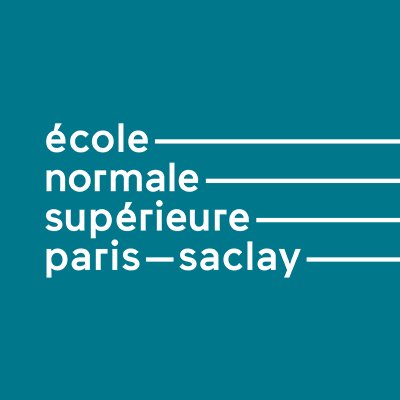
PI of ERC starting grant Blackjack
Holder of national artificial intelligence chair Baccarat
Recipient of a 2021 CNRS bronze medal.
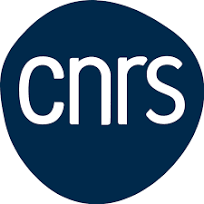

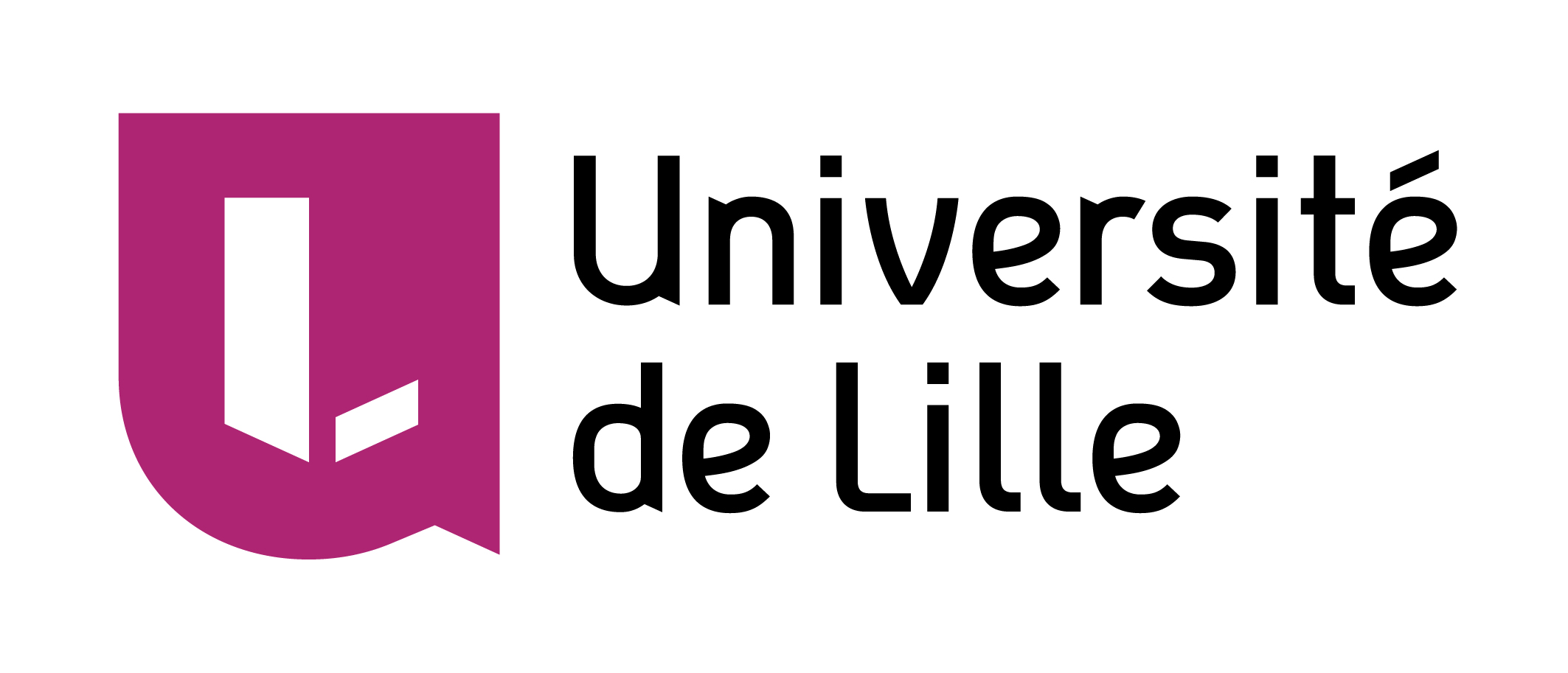




Monte Carlo methods are numerical integration methods that are frequently needed in Bayesian inference. I am interested in making Monte Carlo scale to expensive-to-evaluate integrands. Like many natural scientists, my collaborators in cardiac cell biology often face this issue, as evaluating the integrand once means approximately solving large sets of differential equations that describe the system under study. This line of research has brought me to study determinantal point processes, a distribution over configurations of points that show repulsiveness while being statistically tractable.
I am also trying to make Monte Carlo scale to inference with tall datasets: today's data deluge involves working with datasets containing a large number of items, which frequentist statisticians classically tackle with stochastic gradient. I am looking for the Monte Carlo equivalent of stochastic gradient, which would unlock big data applications of Bayesian inference. It is a hot topic, as Bayesian inference provides the uncertainty quantification astrophysicists or medical scientists need. This line of research has also triggered my interest in concentration inequalities.
I maintain the following list on HaL, which I postprocess below for more readability. You can also find me on Google Scholar. For a further breakdown of my publications by domain, please see my CV.
Click here for a detailed CV, with track record and complete list of publications.
In a nutshell, I obtained my Ph.D. in November 2012 from University Paris-Sud, France, working with Balázs Kégl on Monte Carlo methods and Bayesian optimization, applied to particle physics and machine learning. In particular, I was a member of the Pierre Auger collaboration.
Then I joined Chris Holmes's group at the University of Oxford, UK, to work as a postdoc on Markov chain Monte Carlo for tall data. Since then, I am also working on applications to computational biology within the 2020 science network, of which I am now an emeritus fellow.
I started at CNRS in February 2015, joining team SigMA of CRIStAL at the University of Lille, France.
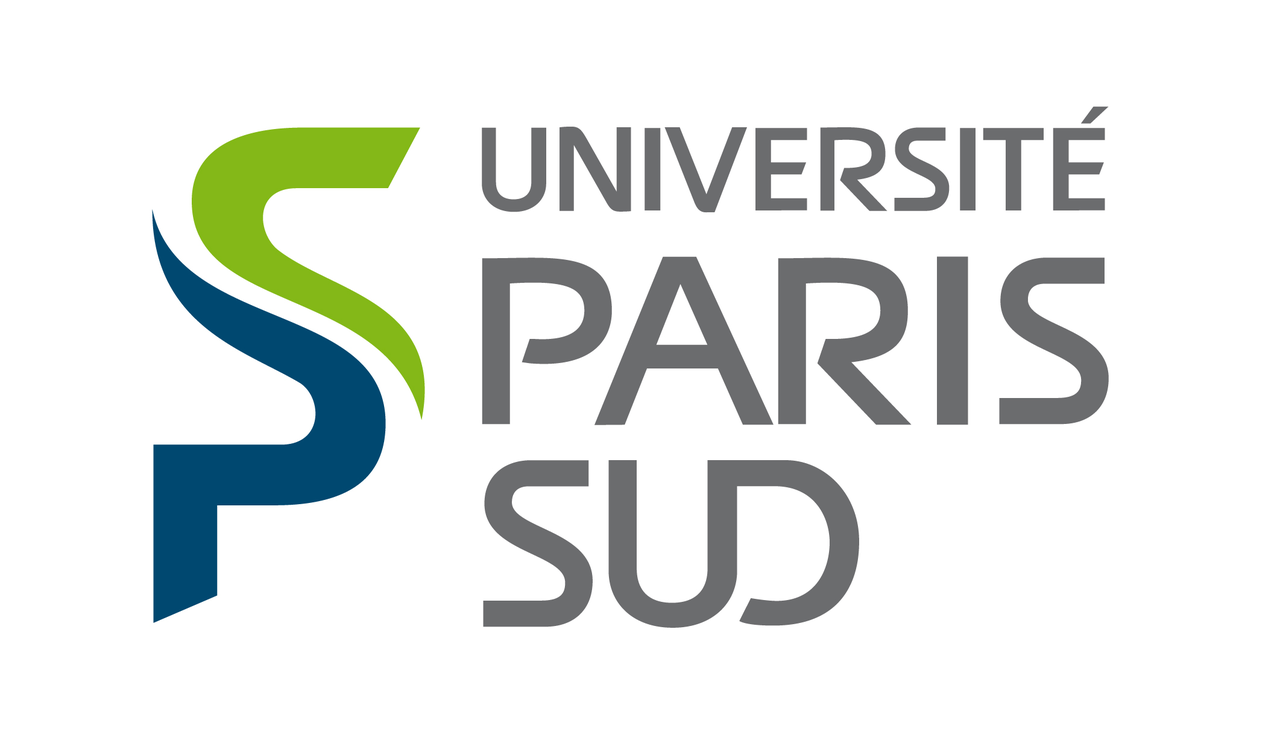
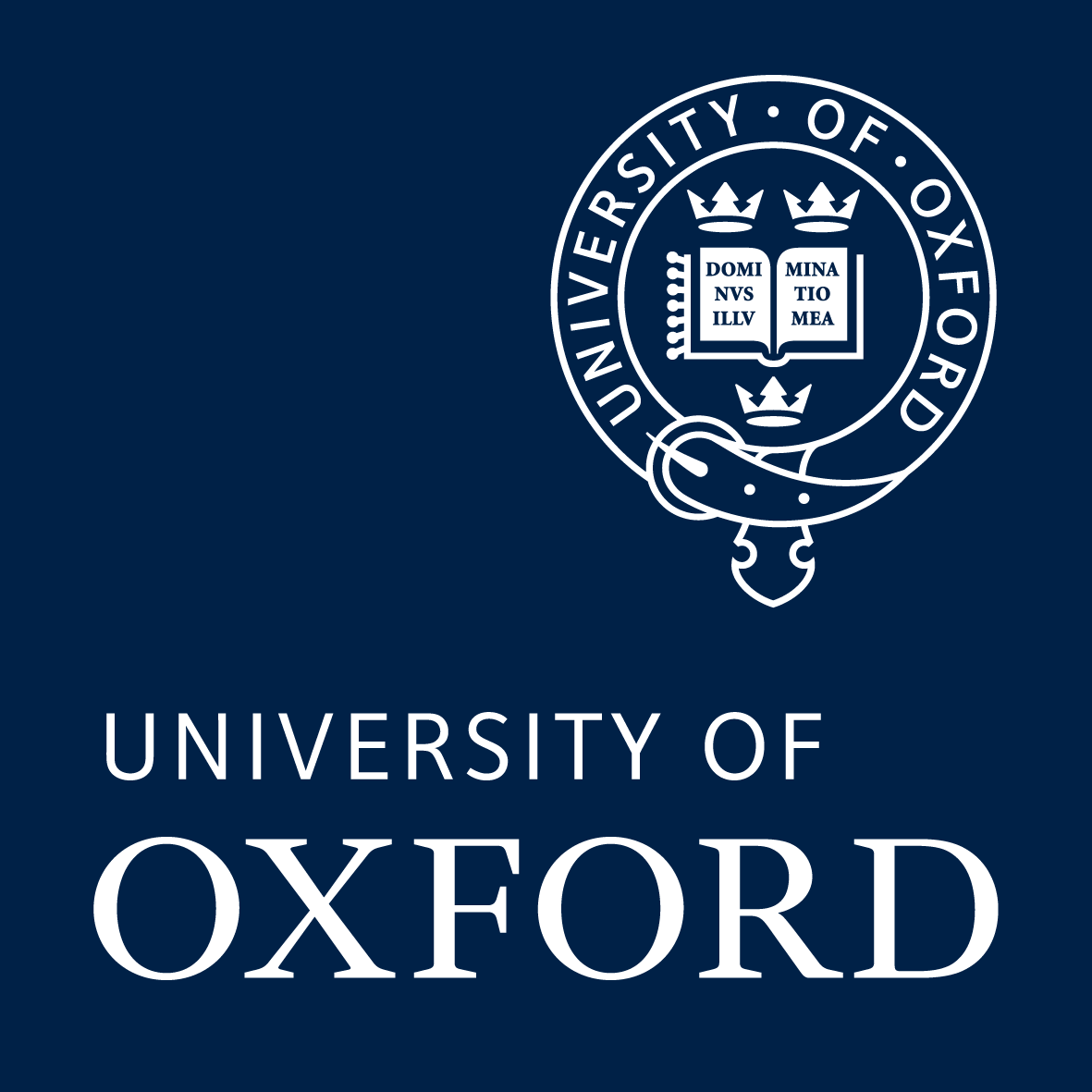

I am the PI of ERC starting grant Blackjack 'Fast Monte Carlo integration with repulsive point processes' (1.5M€, 2020-2025), and hold a national chair in artificial intelligence. .
Our focus is on leveraging determinantal point processes and similar point patterns with strong correlation to achieve fast and parallel Monte Carlo integration. Applications go from Bayesian inference in biology to time-frequency signal processing. A related goal is to build a large-scale numerical integration benchmark.
If you are looking for a PhD/postdoc at any time of the year, feel free to contact me.
For instance, I have an open position for a master's internship followed by a PhD, on negative dependence and point processes in data science, co-supervised with mathematician Subhro Ghosh from the National university of Singapore.
I have ongoing postdoc offers on all questions related to the ERC project. For all positions, you need to have an open mind and a strong background in one or more of the following topics: probability, statistics, machine learning, statistical signal processing.
Here is an offer for a research software engineer, whose main missions are setting up a large-scale competition in numerical integration, and transferring software skills to researchers.
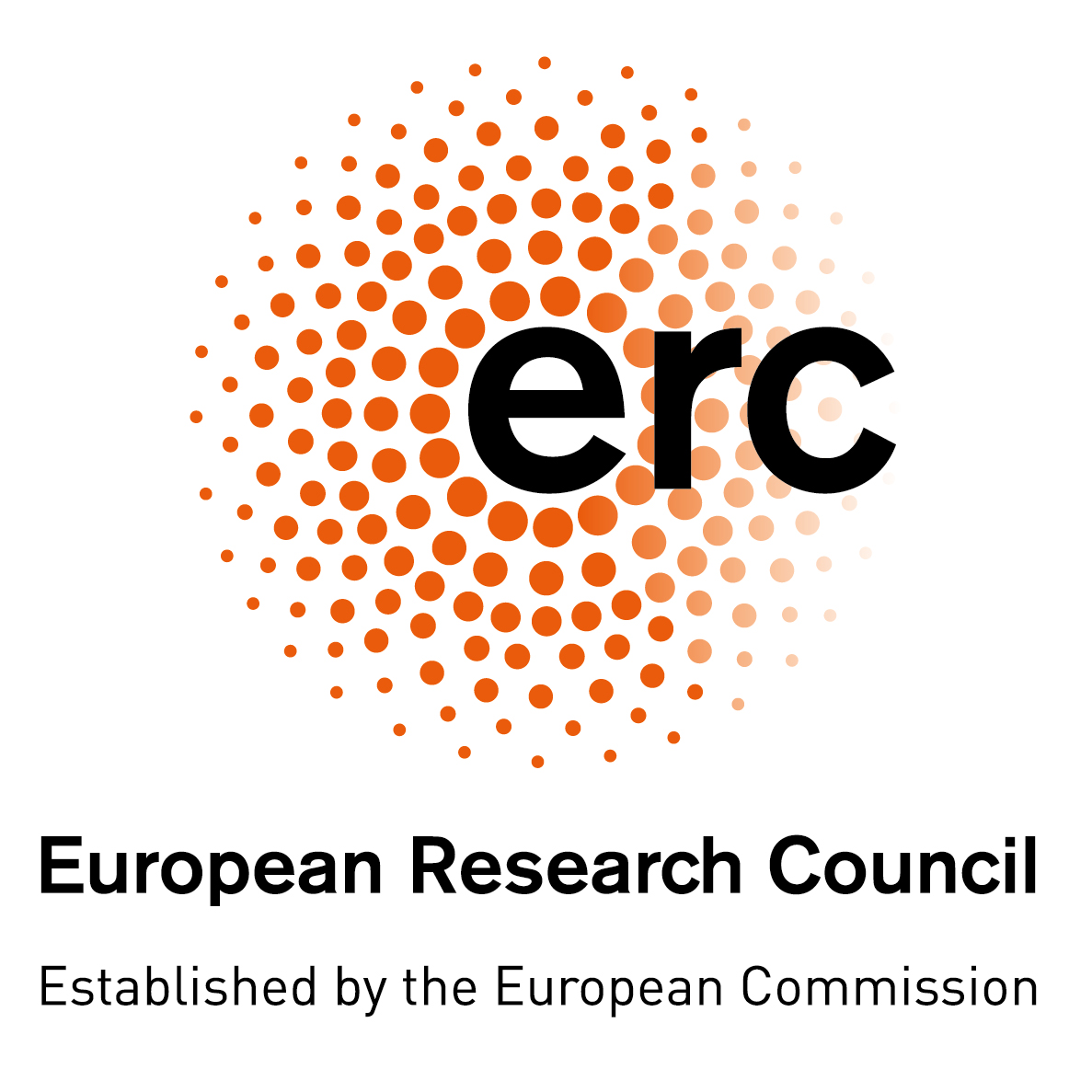
Beside me, the group currently consists of
Past members are
I am passionate about teaching. In 2020-21, I am teaching a master-level course on Bayesian machine learning, both at master MVA of ENS Paris-Saclay and at master Data science of Univ. Lille.
In the last five years, I have also been teaching master-level courses at ENSAE ParisTech (on Bayesian nonparametrics), and at École Centrale de Lille. There, I ran a 6-week machine learning challenge for engineering students, giving lectures on topics voted by the students, to help them improve their entries in the competition.
